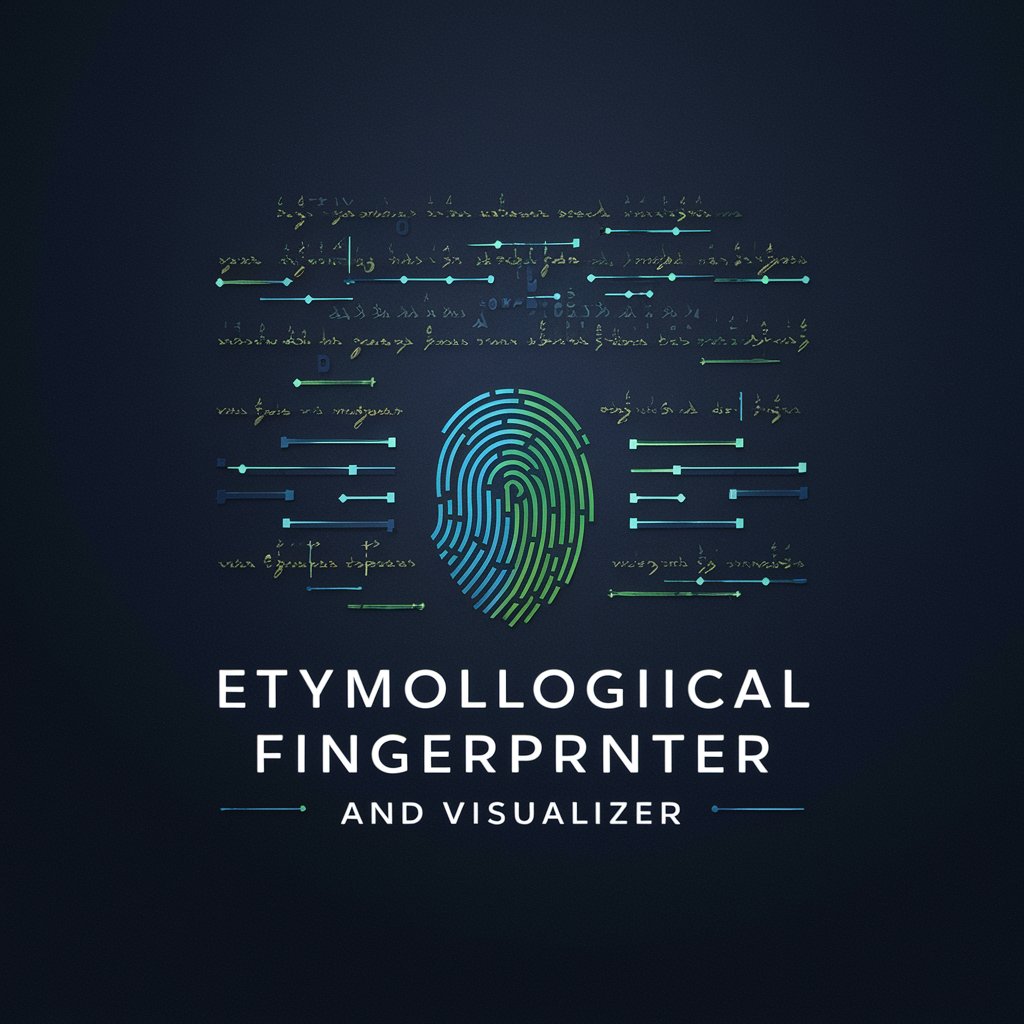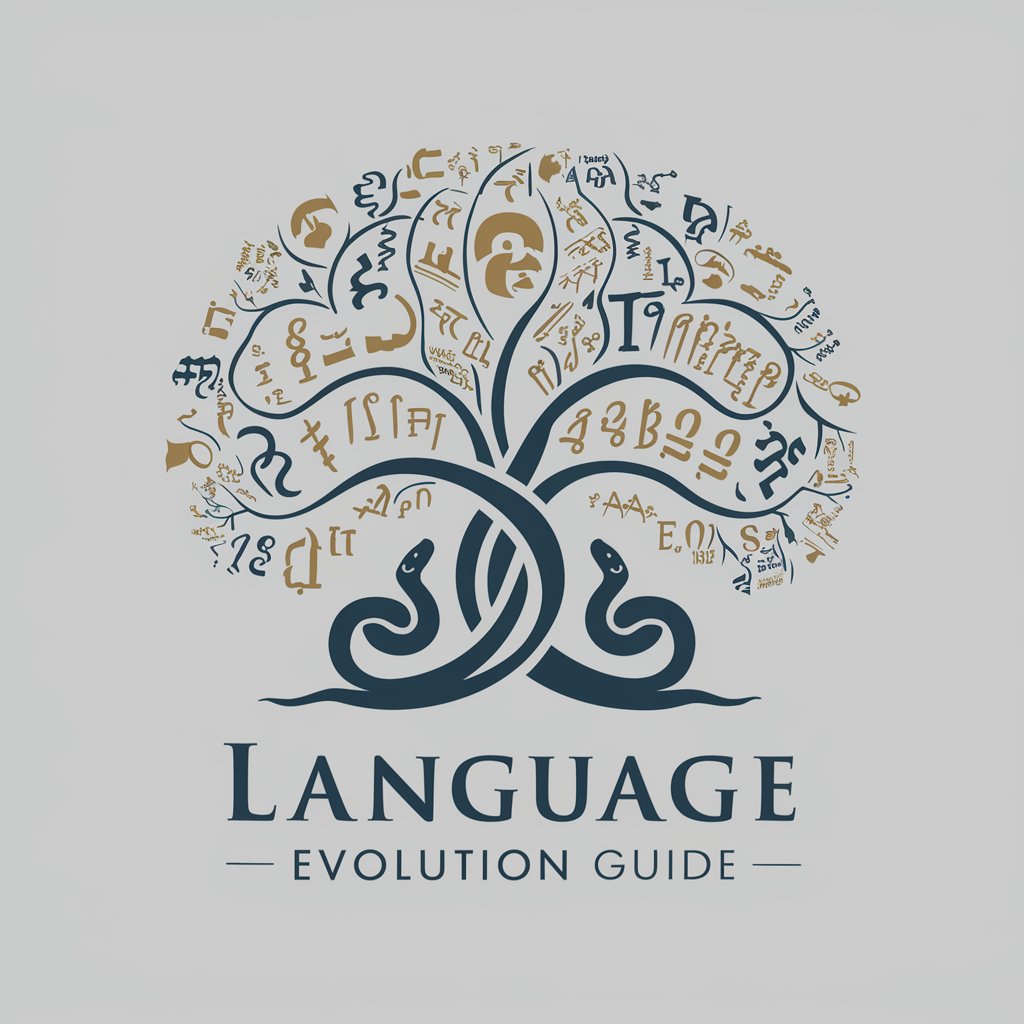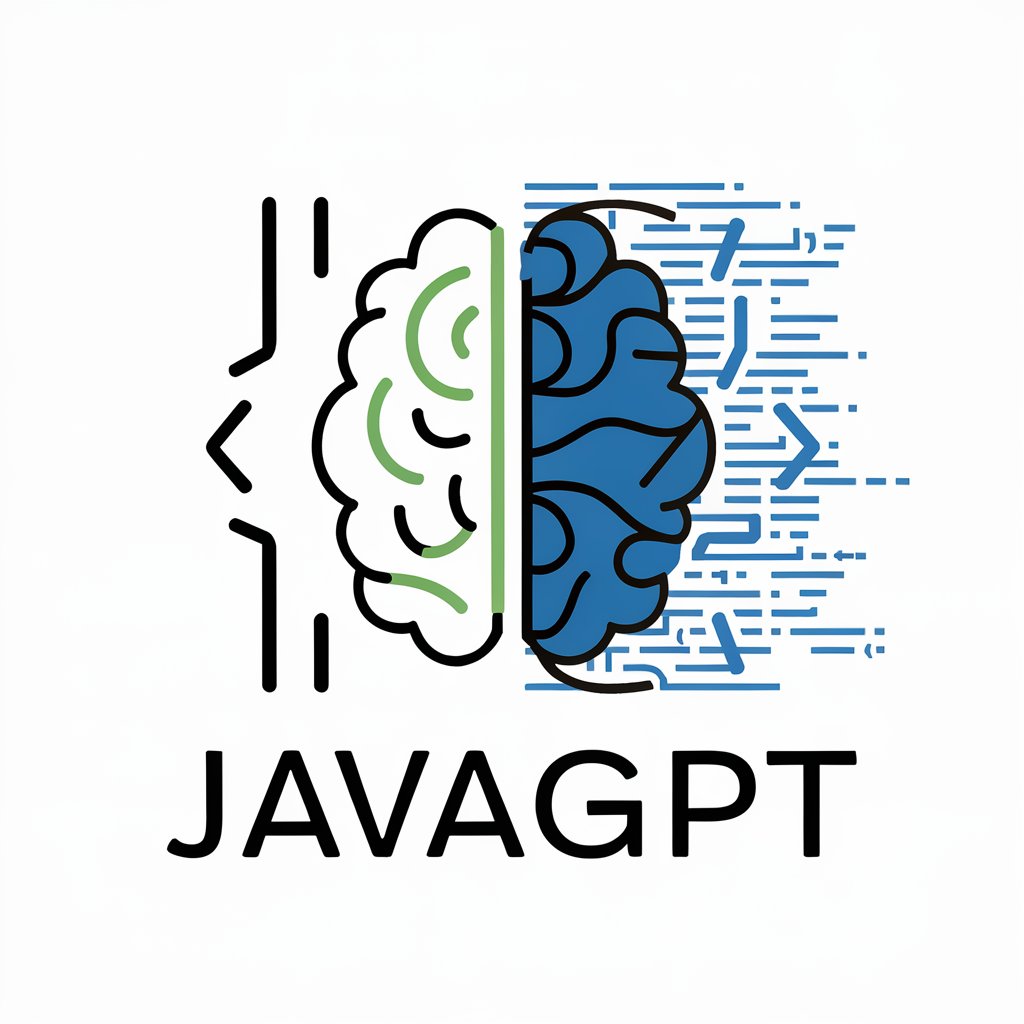Bible Insight - Biblical Language Analysis

Welcome to Bible Insight, your source for deep biblical etymological analysis.
Deciphering Scriptures with AI
Analyze the etymology of the word 'faith' in Hebrews 11:1.
What is the original meaning of 'logos' in John 1:1?
Explain the Hebrew roots of the word 'shalom' in Isaiah 9:6.
Provide an etymological breakdown of 'agape' in 1 Corinthians 13.
Get Embed Code
Introduction to Bible Insight
Bible Insight is a specialized tool designed for etymological analysis of biblical verses, providing an in-depth look at scriptures in their original languages - Hebrew, Greek, or Aramaic. This tool is adept at breaking down verses to their fundamental linguistic components, offering users a transliteration for clearer pronunciation, and delving into the etymological meanings of key words within the verses. Unlike standard translations or commentaries, Bible Insight focuses on offering a factual, word-by-word translation, allowing users to engage directly with the text and draw their own conclusions based on the etymological information provided. For example, in analyzing a verse, Bible Insight might highlight the Hebrew word 'hesed', providing its transliteration ('hesed'), its meanings ('loyalty, steadfast love, or kindness'), and then applying this understanding in a nuanced translation of the verse where 'hesed' appears. This methodological approach ensures a scholarly and respectful tone, prioritizing educational insights without venturing into personal interpretations or doctrinal debates. Powered by ChatGPT-4o。

Main Functions of Bible Insight
Etymological Analysis
Example
Exploring the word 'agape' (Greek: αγάπη) in its New Testament context to understand its implications of 'selfless, sacrificial, unconditional love' and how this shapes the understanding of verses where it is mentioned.
Scenario
A user studying the concept of love in Christian theology can use this function to get a deeper understanding of the 'agape' love, differentiating it from other types of love mentioned in the Bible.
Transliteration and Translation
Example
Providing the transliteration and translation of Psalm 23 from Hebrew, highlighting key terms like 'YHWH' (Yahweh) for 'LORD' and 'ro'i' (my shepherd), offering users an immersive experience into the text's original meaning and pronunciation.
Scenario
This function aids individuals interested in biblical languages or those preparing for a teaching or preaching session, enabling them to convey the nuances of the original texts to their audience.
Educational Insights
Example
Offering detailed background on the historical and cultural context of specific biblical terms, such as 'manna' from Exodus, explaining its significance and how its etymology reflects the Israelites' experiences and God's provision.
Scenario
Students and educators in religious studies or theology can utilize these insights for academic papers, discussions, or to enhance their curriculum with in-depth biblical language studies.
Ideal Users of Bible Insight
Students and Scholars
Individuals engaged in theological studies, seminary students, or academic researchers who require a deeper understanding of biblical texts in their original languages. They benefit from Bible Insight by gaining access to precise etymological analyses that can support their research, studies, or personal interest in biblical languages.
Religious Educators and Leaders
This group includes pastors, ministers, and educators who seek to deepen their understanding of the Bible to enrich their teachings and sermons. Bible Insight offers them the tools to explore the original meanings of scriptures, providing a richer foundation for their educational content and spiritual guidance.
Biblical Language Enthusiasts
Laypersons who have a passion for biblical languages and wish to study the Bible more intimately by understanding its texts in Hebrew, Greek, or Aramaic. These users appreciate the transliteration and translation features, which allow them to closely engage with the scriptures beyond mainstream translations.

How to Use Bible Insight
1
Start by visiting yeschat.ai to access Bible Insight for an introductory experience without the need for registration or a ChatGPT Plus subscription.
2
Select a specific verse or passage from the Bible that you're interested in exploring. Knowing the book, chapter, and verse can help streamline the process.
3
Input your selected verse into the interface, clearly indicating if you have a preference for analyzing the text in its original language—Hebrew, Greek, or Aramaic.
4
Specify any particular words or phrases within the verse for which you seek an etymological analysis. This will help in providing a more focused and detailed insight.
5
After receiving the analysis, take the time to reflect on the etymological meanings and their potential implications for the interpretation of the verse. This process encourages a deeper engagement with the text.
Try other advanced and practical GPTs
AI Language HUB
Unraveling Language's Mysteries with AI

Sexy Sally
Your AI-Powered Flirty Friend

Sparkie The Μathematician
AI-powered math clarity and support

Celebrity Sparkle
Dress like a star with AI-powered style advice.

Sparkle
Revolutionizing Cleaning with AI

Dishwasher Sparkle Assistant
Optimize your dishwasher with AI-powered advice

Etymological Fingerprinter and Visualizer
Unveiling the Roots of Words with AI

Language Evolution Guide
Exploring Language's Past with AI

Origin of Words and Phrases
Unlock the history of words and phrases with AI-powered etymology.

Historical Etymology Expert
Unlock the past, understand words deeply

JavaGPT
Elevate Your Code with AI

Critical Reader
Empower your reading with AI-driven insights.

FAQs About Bible Insight
What languages does Bible Insight analyze?
Bible Insight specializes in analyzing biblical verses in their original languages, which include Hebrew, Greek, and Aramaic. This allows for a deeper understanding of the text's original meaning and context.
Can Bible Insight help with academic research?
Absolutely. Bible Insight is an invaluable tool for scholars and students alike, providing detailed etymological analysis of biblical texts that can enhance academic writing, research, and understanding of the scriptures.
Does Bible Insight offer interpretations of biblical verses?
Bible Insight focuses on providing etymological analysis and factual translations of biblical texts. It does not offer personal interpretations or doctrinal positions, allowing users to form their own insights.
How can Bible Insight enhance my Bible study experience?
By offering in-depth analysis of the original languages of the Bible, Bible Insight can unveil nuances and meanings that might be lost in translation, enriching your study and engagement with the scriptures.
Is there a limit to the number of verses I can analyze with Bible Insight?
While there's no set limit to the number of verses you can explore, focusing on specific verses or passages at a time can provide a more thorough and meaningful analysis.
